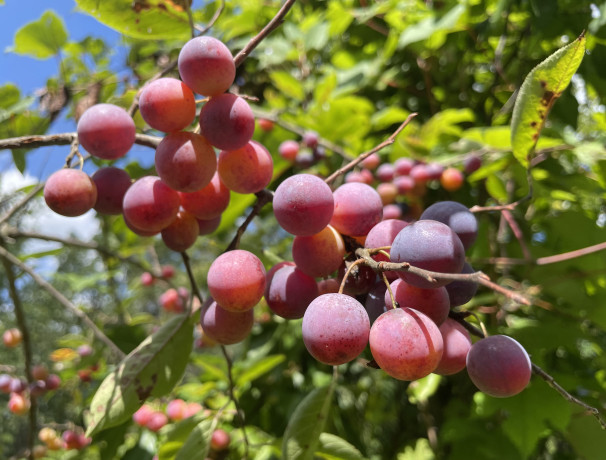Experience-Seeds-Knowledge-Plant Discoveries-Ecological Enrichment-Join Now Click Here!

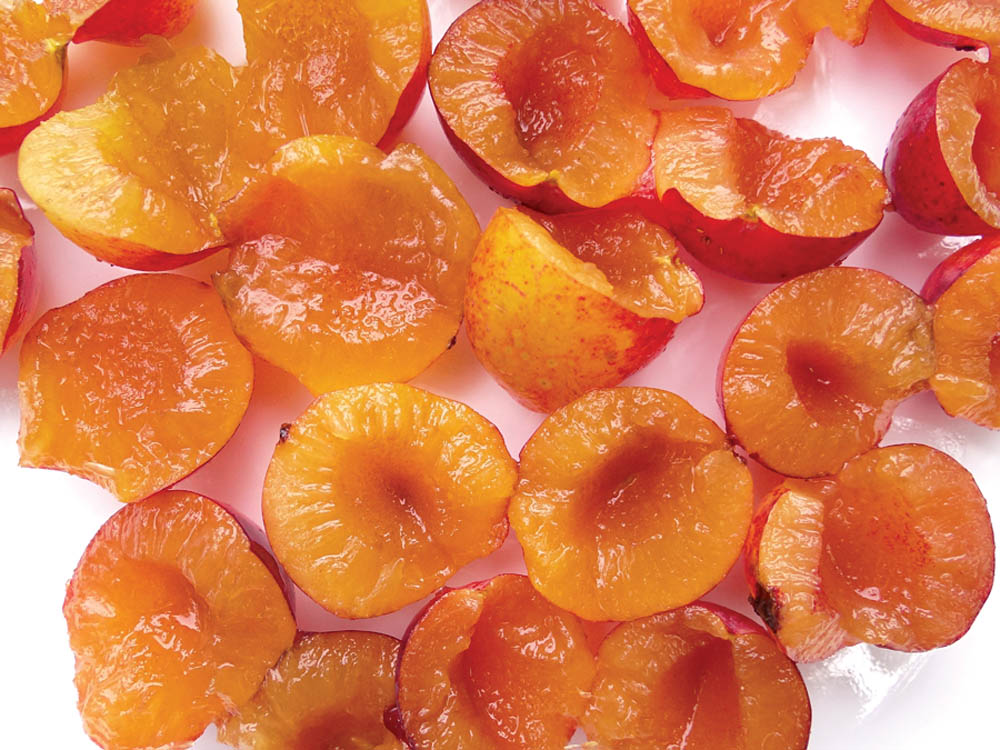


Double Rainbow beach plum represents one of the best plum finds in my nursery. This type of beach plum that is high yielding, wonderful processed into jam and great fresh eating with just the right amount of tart and sweet flavors. The fruit can hang in good quality for almost a month. It is best harvested late if it is to be used for fresh eating or harvest earlier when the fruits are more tart. This selection has a runner tendency which is helpful in creating an orchard of it as cuttings can be made from the stolons. It is not a fast spreader though and does not have excess runners like the American plum. Double Rainbow has high quality fruit that could be sold fresh as it retains its flavor after harvest and does not break down easily. For this reason, I often think of this selection as the Concord of beach plums as it provides great flavor and is enjoyed processed as well as fresh. The skin of the fruit is very clean and the fruit is translucent.
Seeds are collected from the best culinary selection-'Double Rainbow' only. From seed, these are the best plums to grow as a population which is preferable to cultivar plantings especially with the beach plum. This provides both the genetic diversity for pollination as well as enough seedlings to develop mixed selections that can be rooted easily.
"Double Rainbow" Plum This selection was selected from a batch of seedlings at my farm that were planted on an exposed hillside in a group. The seeds were originally collected in northern Michigan from the variety "Squabnockett" according to the records of the grower who had them. The seedling began fruiting at a young age with heavy crops almost every year. When fully ripe, the sweet fruit can be eaten fresh off the shrub and can also be used for processing. Immune to plum curculio and other fruit worms, the fruit suffers no damage and is always clean at my farm. There are no foliar diseases on the foliage to any extent and no fungal diseases with the fruit. The fruit can be harvested over a long period of time up to 4-6 weeks in some years with little degradation. The skin is firm enough that it rarely splits and could possibly lead to commercial production as mechanical harvesting is possible with the durability and dense fruit set. This variety can be used for fresh eating and if harvested earlier when it is more tart it could be made into jam and jelly.
 "Double Rainbow" Prunus x maritima Ecos
"Double Rainbow" Prunus x maritima Ecos
To Germinate the Seeds: Follow the normal cold dormancy for plums by planting outside in the fall 1/4 inch deep with seeds spaced 1 inch apart. Seeds will emerge in late spring. A portion of the seeds will sprout after another warm and cold period. (Summer and winter).
For indoor planting, put the seeds in lightly moist Canadian Peat moss in a zip lock bag before putting in the fridge for 90-120 days at 34F to 38 F. The seeds will begin germinating in 60 days. Pluck out the cracked ones as the shells split open and plant 1/4 inch deep in lightly moist well drained soil mix. Do not overwater as beach plum seeds rot easily in heavy high organic soils. Some seeds will need an additional warm and cold period to germinate. This is normal for this type of seed so careful not to throw out the seeds thinking they are bad or blanks.
| Plant Specs | |
| Genus & Species | Prunus maritima |
| Seed Source | Michigan, Ecos |
| Hardiness | -25F or more |
| Height (ft) | 4-10 |
| Width (ft) | 4-8 |
| Pollination Requirements | Self fertile as far as I know. Any two plants from the same strain will cross with as well as any beach plum seedling or variety. |
| Soil | Sandy, sandy loam, slightly acidic |
| Climate | Much more forgiving to humidity than the American plum and does do well in drier sites with sandy soil. Zones 3-8. Not a southern species of plum but possibly would thrive anywhere peaches grow as far as humidity goes. |
| Ease of Cultivation | Easy to grow from seed. A portion of the seeds sprout the second year. Double Rainbow provides a means to clone via stolons and grafting onto American rootstock. The selection may have a bit of American within it as part of its genetic makeup as it is a larger than average beach plum in terms of its height and width. Worthwhile growing from seed, this seed strain I used in the nursery as it produced uniform seedlings which we often sold under the dunbarii plum collection. |
Related Plants
Beach Plum Seeds-Ecos
Native East Coast Species- Highly Productive-Thrives Beyond the Beach Found in sandy areas on the..
$220.00
Nana Beach Plum Seeds
Natural Dwarf - Compact Plant -Incredibly Fruitful This seed comes from a dwarf strain of ..
$140.00
Dunbars Plum Seeds
Clean High Quality Fruits Produced with No Spray-Immune to Disease and Inse..
$180.00
Flava Island Beach Plum Seeds and Scions
Yellow is Mellow Beach Plum Seeds and ScionsThis seedling group came to me f..
$160.00
New Yorker Dunbarii Plum Seeds variety Baby Blue
'New Yorker' Plums-Dense Colony forming Selections of Beach Plum..
$180.00
Plum Seed Mix
100 seeds of 5 types of plums. 500 seeds total. Each packaged separately and labeled individua..
$320.00
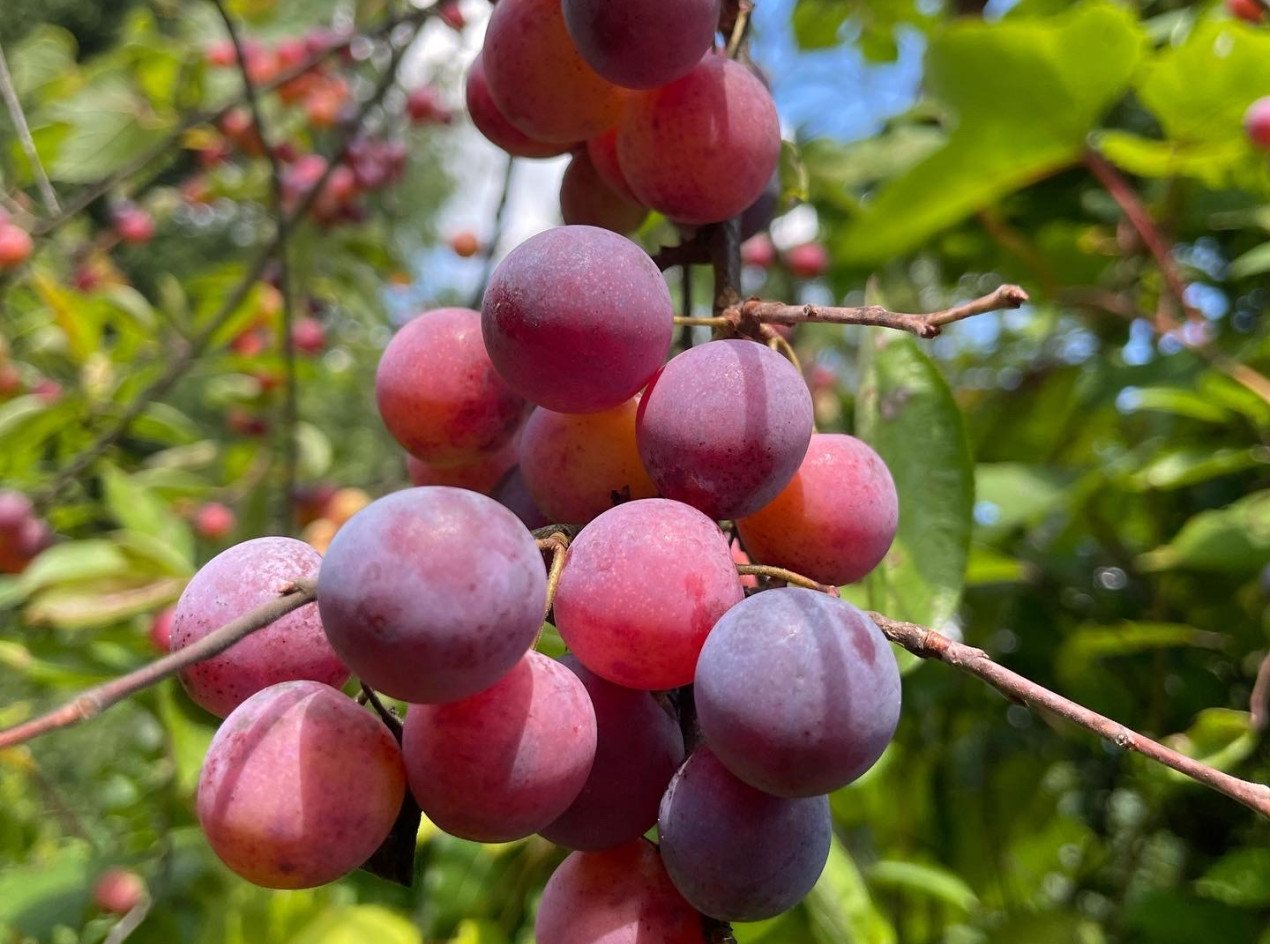
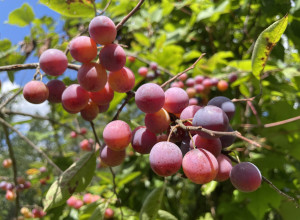
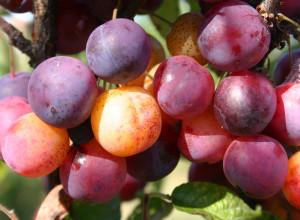
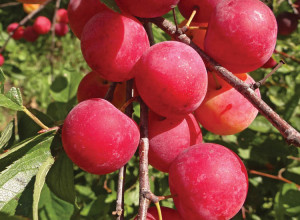
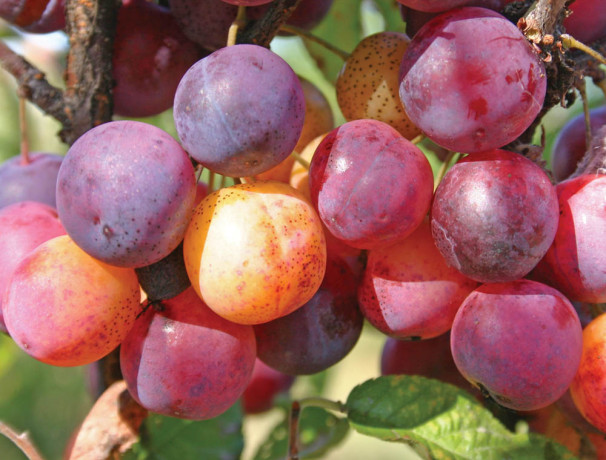
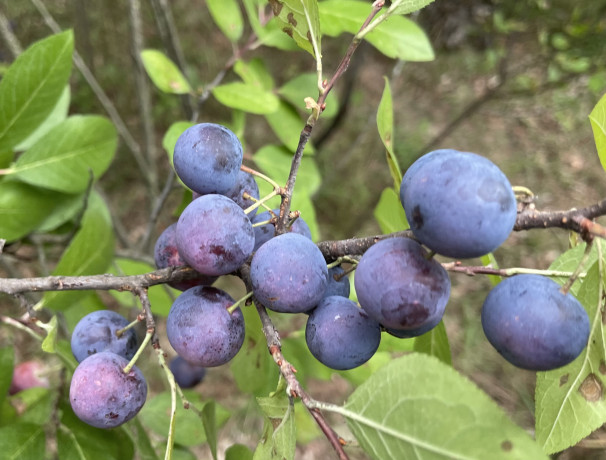
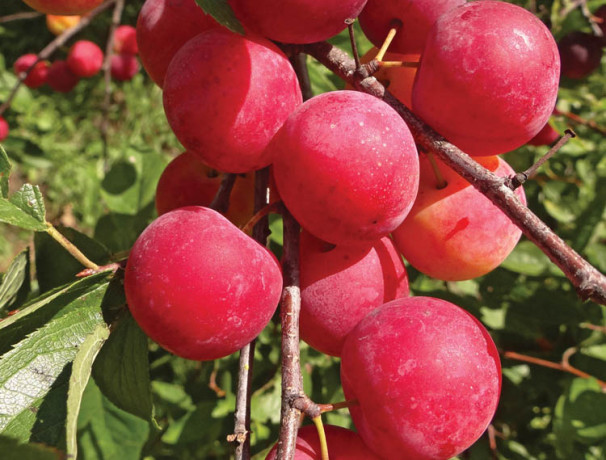
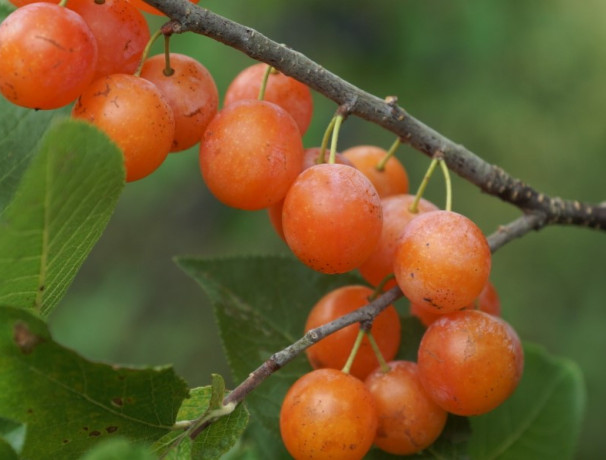
-606x460max.jpg)
